Herbal Database Safety
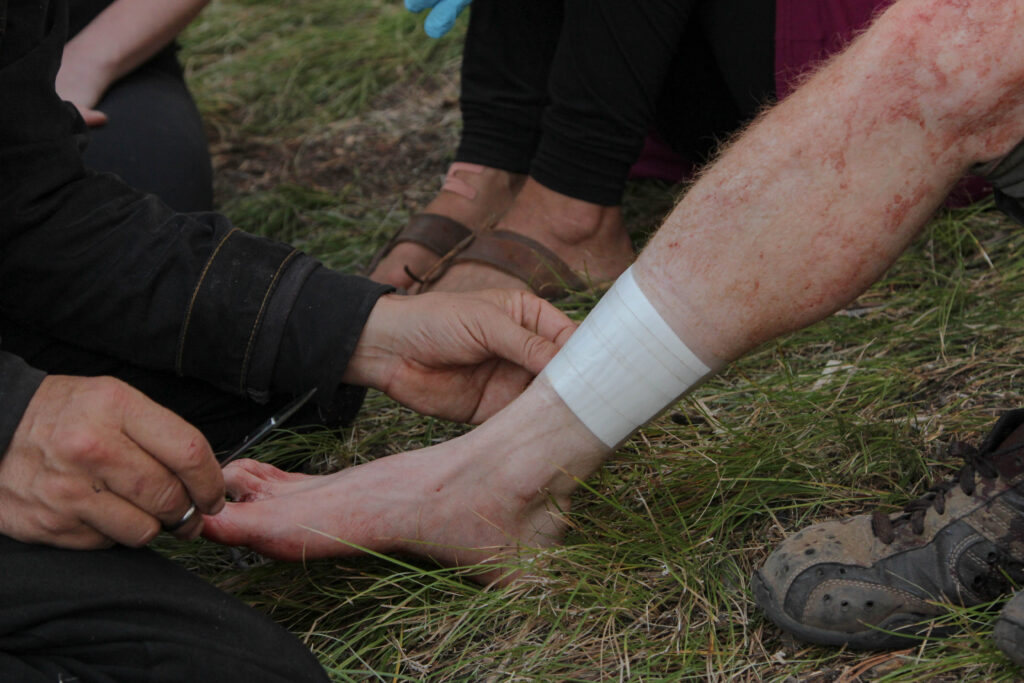
Disclaimer
The content within this database is for information only. It is not meant to be used in the diagnosis, treatment, or as medical advice. Seek the assistance of a qualified healthcare professional for any questions about health or medical conditions.
Proclaimer: Healthcare is a Responsibility.
I want this herbal database to be useful for everyone interested in using plants as medicine. But assisting people with their various ills requires taking on some responsibility. Please take treating yourself and others seriously.
I am not liable for any negative or adverse outcomes or any other incidents that may occur from your use of this herbal database. It is intended as a starting point for people to gain information and, from there, to further research how to safely practice herbal medicine and healthcare in general.
While there are legal reasons to make this statement, ethically, making this clear is important to me. Healthcare is complex, and much more is involved than just using a database. Take the time to learn warning signs and seek medical assistance when warranted.
Please read the safety guidelines below.
~7Song
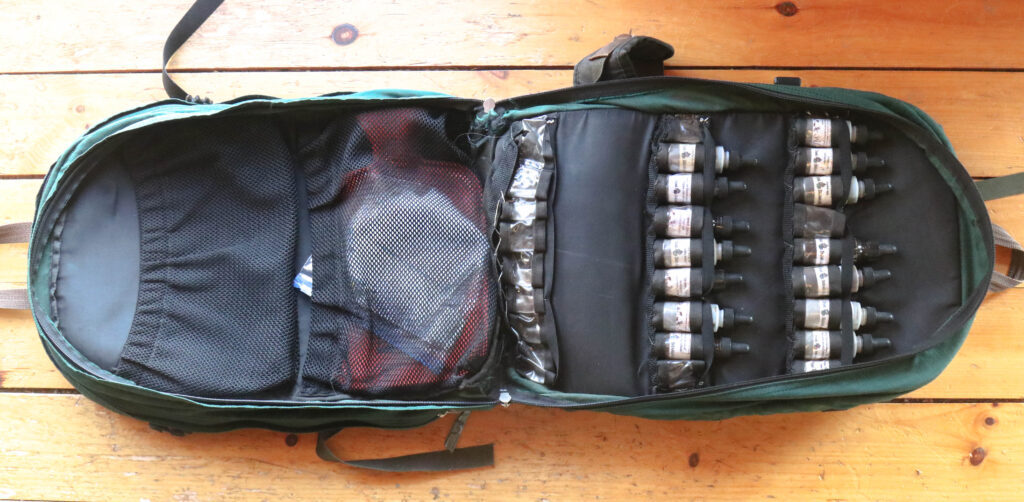
Safety Guidelines
My main concern about making this database public is its potential for harm. Really. I understand that people are responsible for themselves, but we all know that what we do, say, and write can be harmful, either directly or indirectly.
I have included toxic plants in the database to help people understand them and to generally avoid taking them. But even well-known and well-used plants can cause adverse reactions, such as allergies, headaches, digestive problems, and symptoms. People can have adverse reactions to substances that typically don’t elicit a negative response. People can also take too much of any specific plant. And there is always the possibility of an individual idiosyncratic adverse reaction.
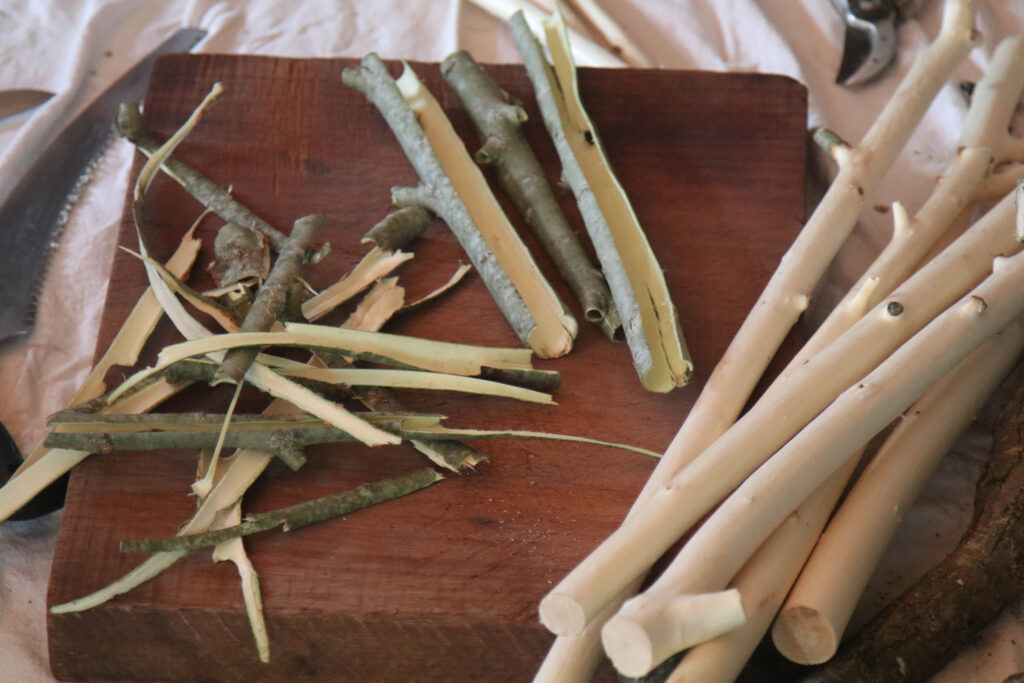
While I have included a safety section for each plant, the reality is that there is not a lot of accumulated safety data for many of these plants or how they may react combined in a formula.
One of the least understood is the reactions between herbs and conventional medicine (pharmaceuticals). These may be positive, neutral, or negative. It is a complicated topic with very few clinical studies. I suggest speaking with a seasoned herbalist or practitioner with experience and knowledge about these interactions.
The best way to stay safe is to initially try small amounts of any new herb. This is especially true if you are someone who knows that you are generally more sensitive to herbs and other substances.
For complicated health issues, it can be helpful to search for a practicing herbalist to help you make informed choices.
Plants are not magical healing substances. They are living organisms that contain some very interesting and useful compounds. Herbal medicine is often polarized as either medicinally useless and hopelessly outdated or that plants have extraordinary healing powers. Botanical medicine lies in a continuum between these two extremes.
While herbal medicine can be beneficial, it is only one of many types of therapeutic techniques, each bringing a different approach toward healing. These include nutrition, acupuncture, massage, counseling, pharmaceuticals, bodywork, and many others.
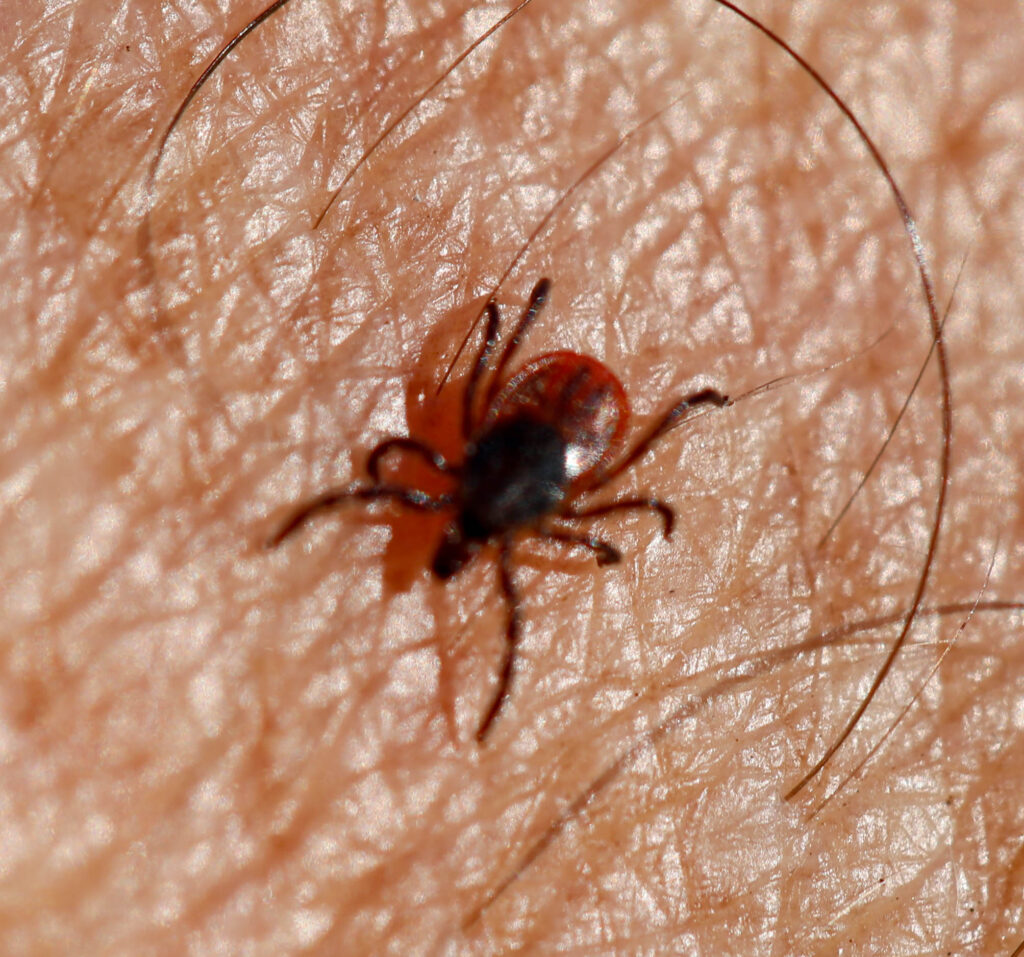
medicines are helpful, prevention is key. Check
yourself regularly when in tick country.
We are fortunate to live in a time with modern medical techniques and medications. I am not talking about the medical system but the life-saving and life-enhancing procedures available.
There is no one best form of medicine; different circumstances often require multiple approaches.
Once again, please do not use this database to treat yourself or others without acquiring more in-depth knowledge. Use it as a starting point to continue learning the utility of plants as medicine.
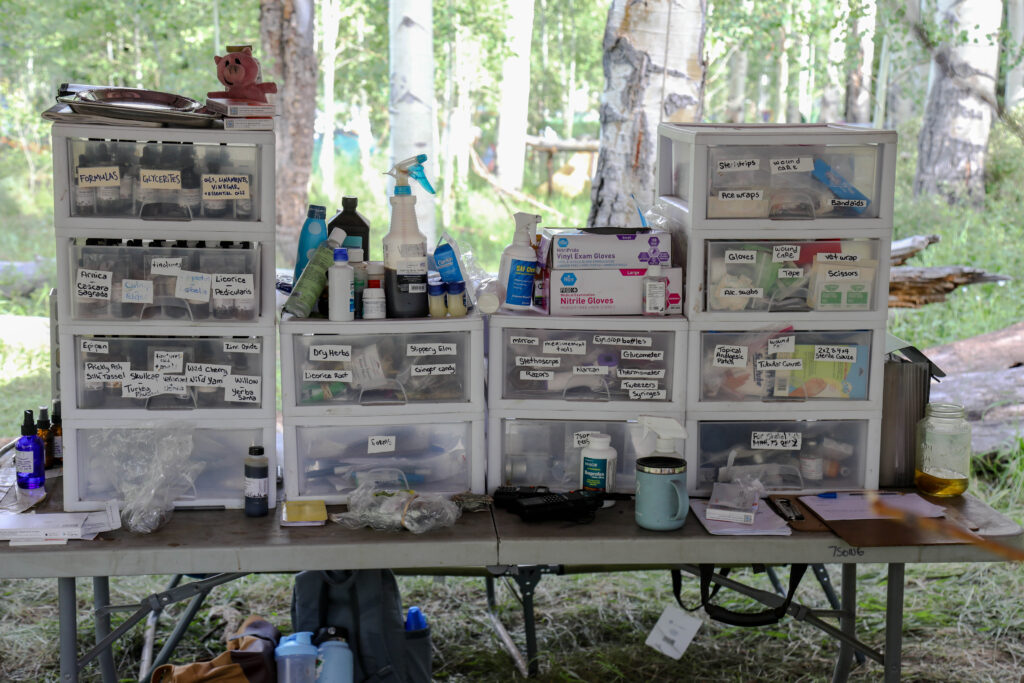
Addendum
I realize that writing all the above may scare people off from using herbal medicine. That is not my intention. I really do worry about people using this information in harmful ways. But I’ve been practicing herbal medicine for many years, and for the majority of people, there have not been any adverse reactions. Many people tolerate plants well and find them beneficial.
There is also the risk-benefit ratio. This compares what would happen if you did or did not take any herbal medicines, and compares it to other medicines and treatments that one would take instead.
Safety is a critical feature of healthcare. Be conscientious and thoughtful about caring for yourself and others.
~7Song
